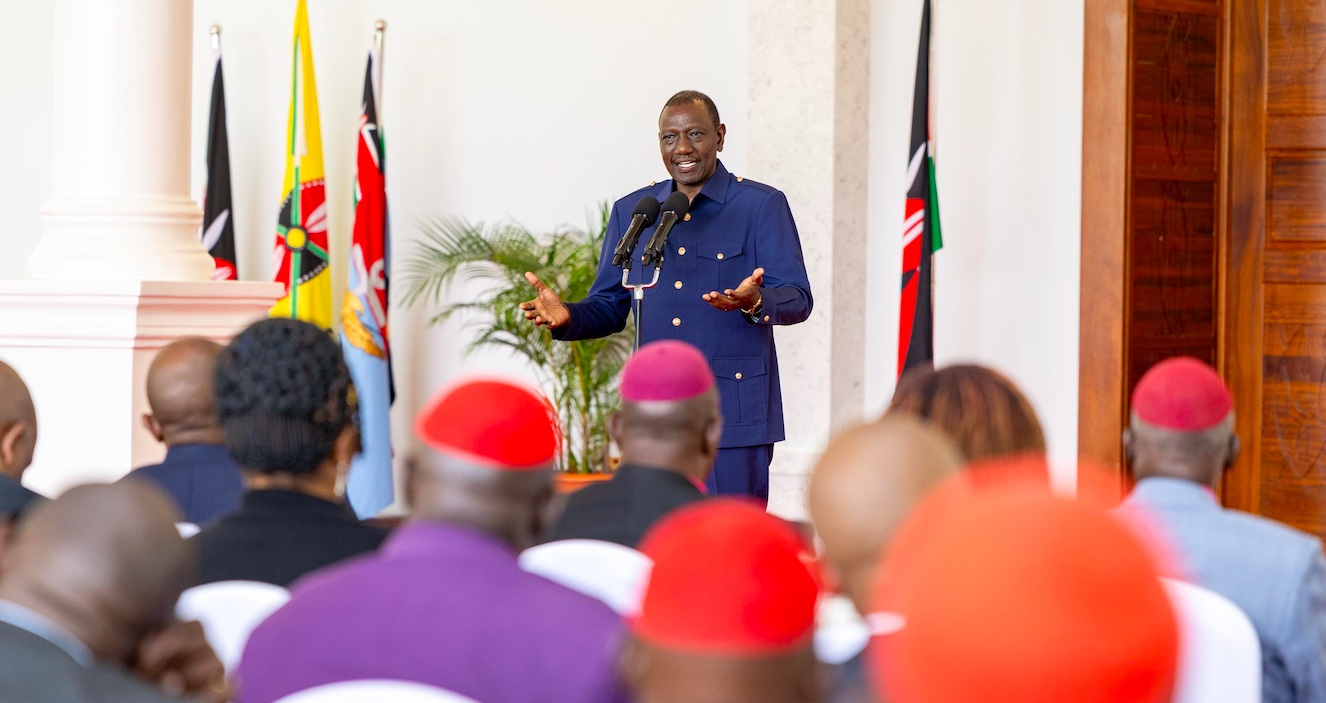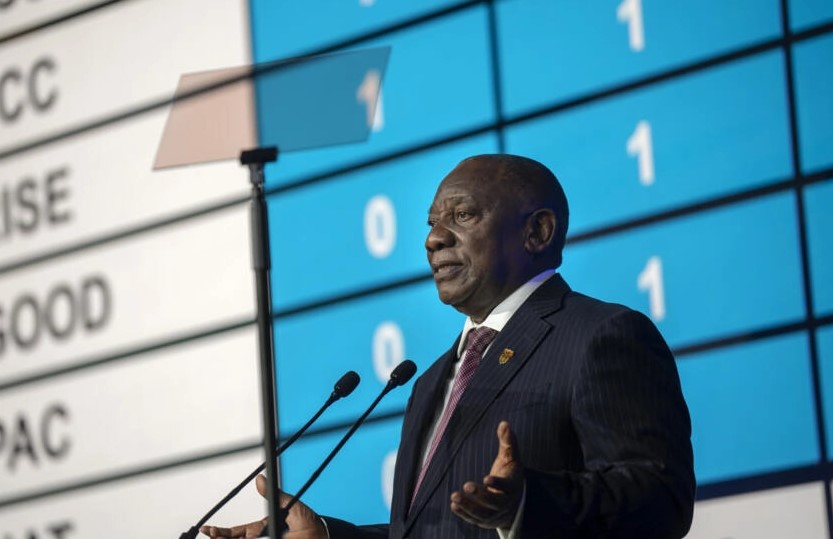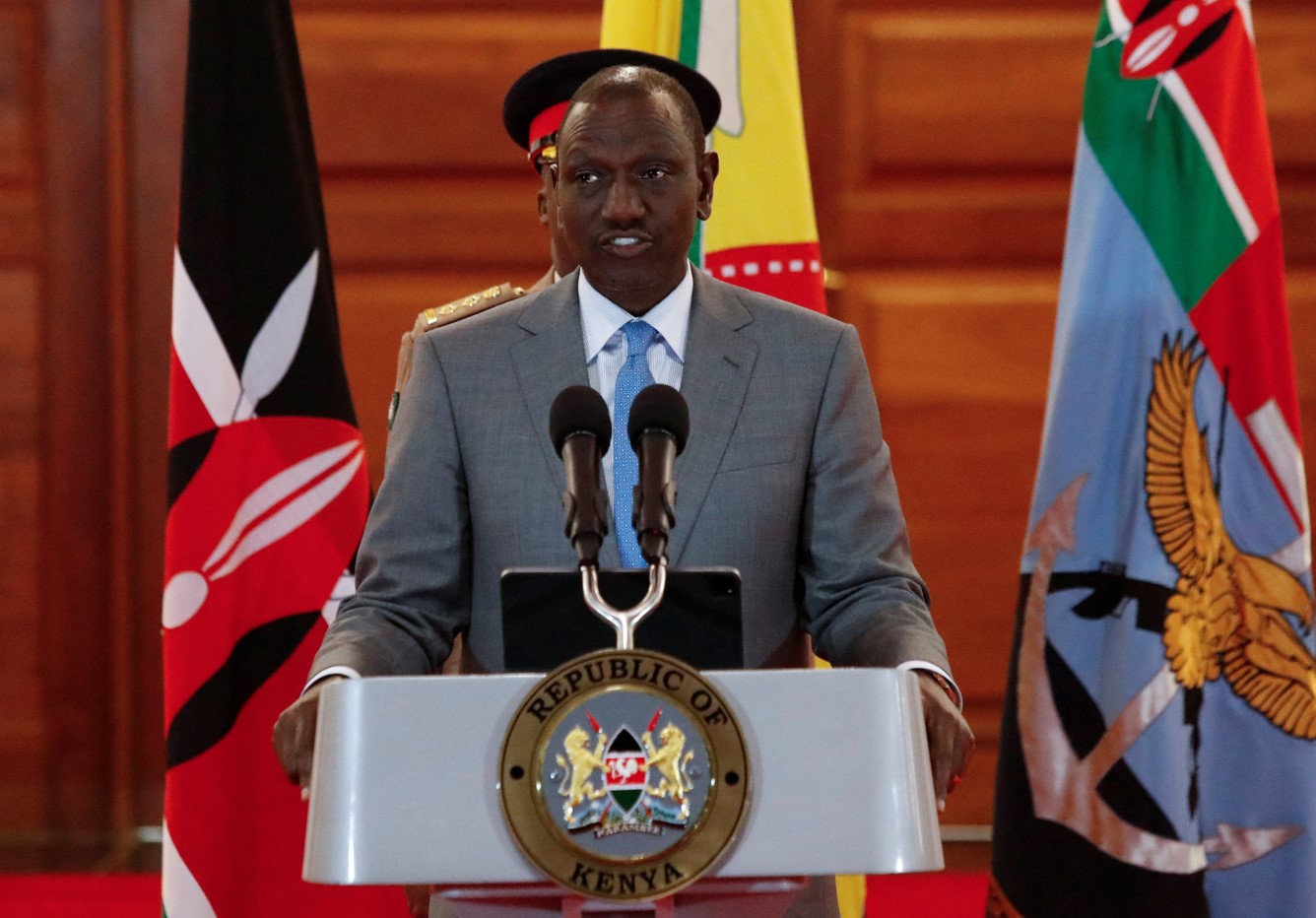Nestlé under fire for adding sugar to baby food sold in poor nations
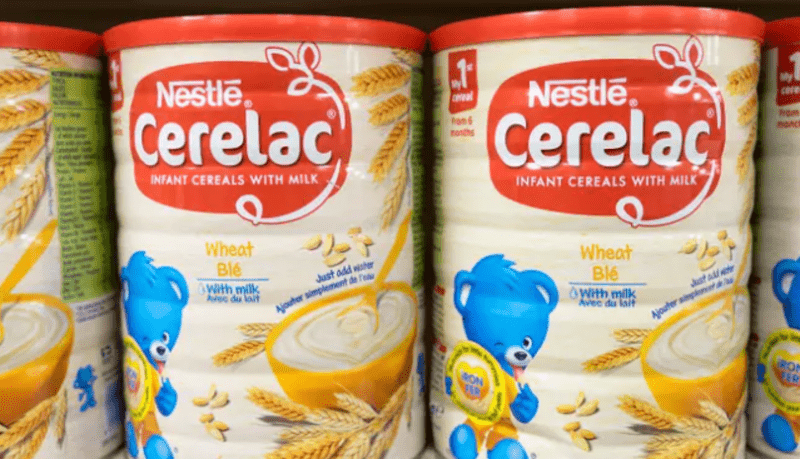
By Amina Wako |
This is in contrast to Nestlé's products sold in Europe, where no added sugar is included in formulas for young children.
Food and beverage giant Nestlé adds sugar and honey to its infant milk and cereal products in developing countries, but not in European markets, according to a new report.
This is despite international guidelines aimed at preventing obesity and chronic diseases.
Keep reading
A joint investigation by Zurich-based watchdog Public Eye and the International Baby Food Action Network (IBFAN) tested popular baby food samples from Nestlé in Asia, Latin America, and Africa and found added sugar in the form of sucrose or honey in products intended for infants aged one and above.
This is in contrast to Nestlé's products sold in Europe, where no added sugar is included in formulas for young children.
Laurent Gaberell, Public Eye's agriculture and nutrition expert, said, "Nestlé must put an end to these dangerous double standards and stop adding sugar in all products for children under three years old, in every part of the world."
The World Health Organisation (WHO) guidelines for the European region state that no added sugars or sweetening agents should be permitted in any food for children under three. While no specific guidance has been produced for other regions, researchers say the European document remains equally relevant globally.
Dr Nigel Rollins, a medical officer at the WHO, said the findings represented "a double standard... that can't be justified."
Nestlé defended its products, saying, "We believe in the nutritional quality of our products for early childhood and prioritise using high-quality ingredients adapted to the growth and development of children."
However, campaigners argue that the company's actions are unacceptable, given the growing problem of obesity in low- and middle-income countries.
The report's findings are particularly concerning, as obesity is increasingly a problem in low- and middle-income countries. In Africa, the number of overweight children under five has increased by nearly 23 per cent since 2000, according to the WHO. Globally, more than 1 billion people are living with obesity.
Nestlé has reduced the total amount of added sugars in its infant cereals portfolio by 11% worldwide over the past decade, but campaigners say more needs to be done to address the issue.
The campaigners say they examined 115 products sold in Nestlé’s main markets in Africa, Asia, and Latin America. No less than 108 of them (94 percent) contained added sugar.
"For 67 of these products, we were able to determine the amount of added sugar. On average, our analysis found almost 4 grams per serving, or about one sugar cube. The highest amount – 7.3 grams per serving – was detected in a product sold in the Philippines and targeted at six-month-old babies," the report read.
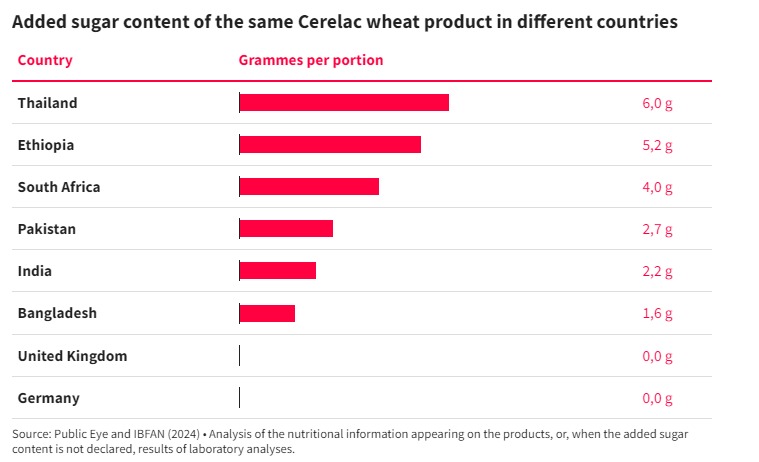 Part of the data from the report.
Part of the data from the report.



